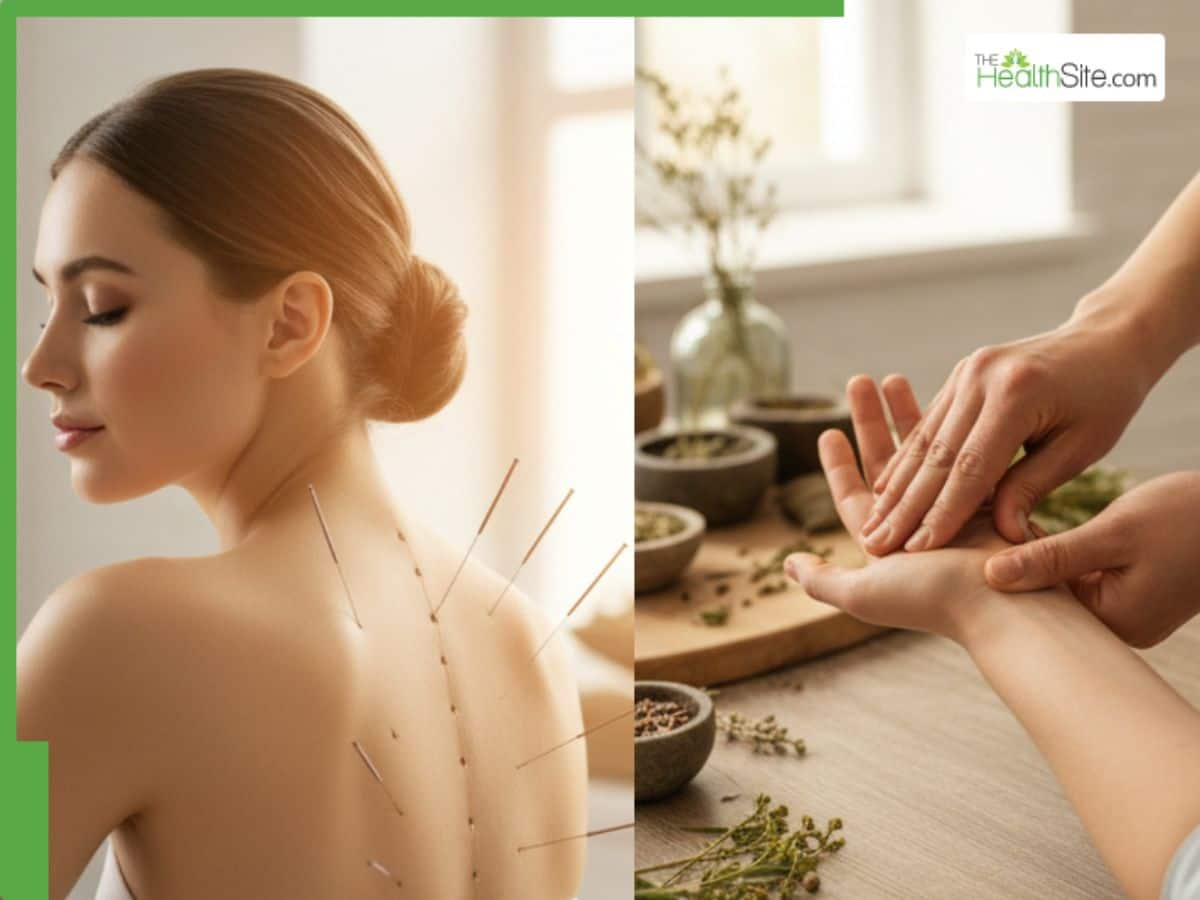Health
Acupuncture Day 2025: Comparing Acupuncture and Acupressure

On March 24, 2025, the global community will observe Acupuncture Day, an occasion dedicated to promoting traditional healing practices that have persisted for centuries. Among these practices, acupuncture and acupressure are two prominent methods recognized for their ability to alleviate pain and enhance well-being. Despite their shared focus on key energy points, many individuals are often unsure about which technique may be more effective for their needs.
Understanding Acupuncture and Its Benefits
Acupuncture, originating from ancient China, involves the insertion of extremely thin needles into specific points on the body. These points align along energy paths, known as meridians, which are believed to facilitate the flow of vital energy, or qi. When this energy is blocked, it can lead to discomfort or illness. The purpose of acupuncture is to restore this flow, promoting health and wellness.
Trained professionals administer acupuncture, ensuring that the sterile needles are inserted gently. The experience is often painless, with some individuals reporting a slight tingling or warming sensation. Research has shown that acupuncture is effective in treating various conditions, including chronic pain, migraines, stress, joint stiffness, and digestive disorders. Studies indicate that this therapy can significantly enhance sleep quality and overall well-being.
Exploring Acupressure and Its Applications
In contrast, acupressure utilizes the same energy points as acupuncture but does not involve needles. Instead, this technique applies pressure using fingers, palms, or specialized tools. This non-invasive approach can be particularly appealing to those who may be apprehensive about needles.
Acupressure is known for its ability to relax tense muscles, calm the mind, and improve blood circulation. It is commonly employed to address issues such as headaches, anxiety, menstrual cramps, nausea, and fatigue. Due to its simplicity, some individuals can perform basic acupressure techniques on themselves, though professional guidance is recommended to ensure effectiveness.
The primary distinction between these two therapies lies in their methods. Acupuncture provides deeper stimulation through needle insertion, often making it more suitable for individuals experiencing severe or chronic pain. Conversely, acupressure offers a gentler, touch-based experience, which may be beneficial for those seeking relief from mild to moderate discomfort or for general wellness maintenance.
When considering which method may be more effective, it is essential to recognize that both therapies can yield positive results. Acupuncture may be particularly advantageous in situations involving chronic pain or nerve-related issues that require intense stimulation. On the other hand, acupressure may be ideal for managing light to moderate pain and for promoting routine health care.
Ultimately, consulting a qualified professional can help individuals determine the best approach based on their unique medical histories and symptoms. As Acupuncture Day 2025 approaches, awareness of these two complementary therapies continues to grow, providing individuals with more options to enhance their health and well-being.
-

 World4 months ago
World4 months agoSBI Announces QIP Floor Price at ₹811.05 Per Share
-

 Lifestyle4 months ago
Lifestyle4 months agoCept Unveils ₹3.1 Crore Urban Mobility Plan for Sustainable Growth
-

 Science4 months ago
Science4 months agoNew Blood Group Discovered in South Indian Woman at Rotary Centre
-

 World4 months ago
World4 months agoTorrential Rains Cause Flash Flooding in New York and New Jersey
-

 Sports4 months ago
Sports4 months agoBroad Advocates for Bowling Change Ahead of Final Test Against India
-

 Top Stories4 months ago
Top Stories4 months agoKonkani Cultural Organisation to Host Pearl Jubilee in Abu Dhabi
-

 Science4 months ago
Science4 months agoNothing Headphone 1 Review: A Bold Contender in Audio Design
-

 Top Stories4 months ago
Top Stories4 months agoAir India Crash Investigation Highlights Boeing Fuel Switch Concerns
-

 Sports4 months ago
Sports4 months agoCristian Totti Retires at 19: Pressure of Fame Takes Toll
-

 Business4 months ago
Business4 months agoIndian Stock Market Rebounds: Sensex and Nifty Rise After Four-Day Decline
-

 Politics4 months ago
Politics4 months agoAbandoned Doberman Finds New Home After Journey to Prague
-

 Top Stories4 months ago
Top Stories4 months agoPatna Bank Manager Abhishek Varun Found Dead in Well









